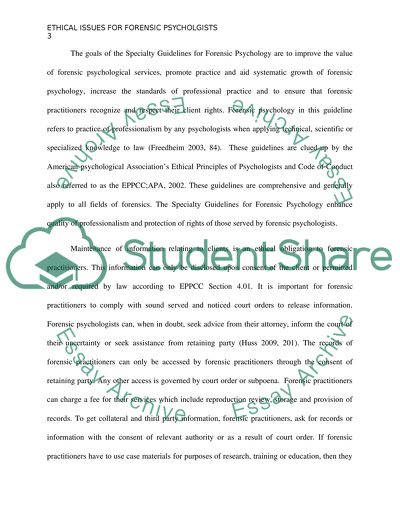Cite this document
(“Ethical Issues for Forensic Psychologists Research Paper”, n.d.)
Ethical Issues for Forensic Psychologists Research Paper. Retrieved from https://studentshare.org/psychology/1473469-ethical-issues-for-forensic-psychologists
Ethical Issues for Forensic Psychologists Research Paper. Retrieved from https://studentshare.org/psychology/1473469-ethical-issues-for-forensic-psychologists
(Ethical Issues for Forensic Psychologists Research Paper)
Ethical Issues for Forensic Psychologists Research Paper. https://studentshare.org/psychology/1473469-ethical-issues-for-forensic-psychologists.
Ethical Issues for Forensic Psychologists Research Paper. https://studentshare.org/psychology/1473469-ethical-issues-for-forensic-psychologists.
“Ethical Issues for Forensic Psychologists Research Paper”, n.d. https://studentshare.org/psychology/1473469-ethical-issues-for-forensic-psychologists.


